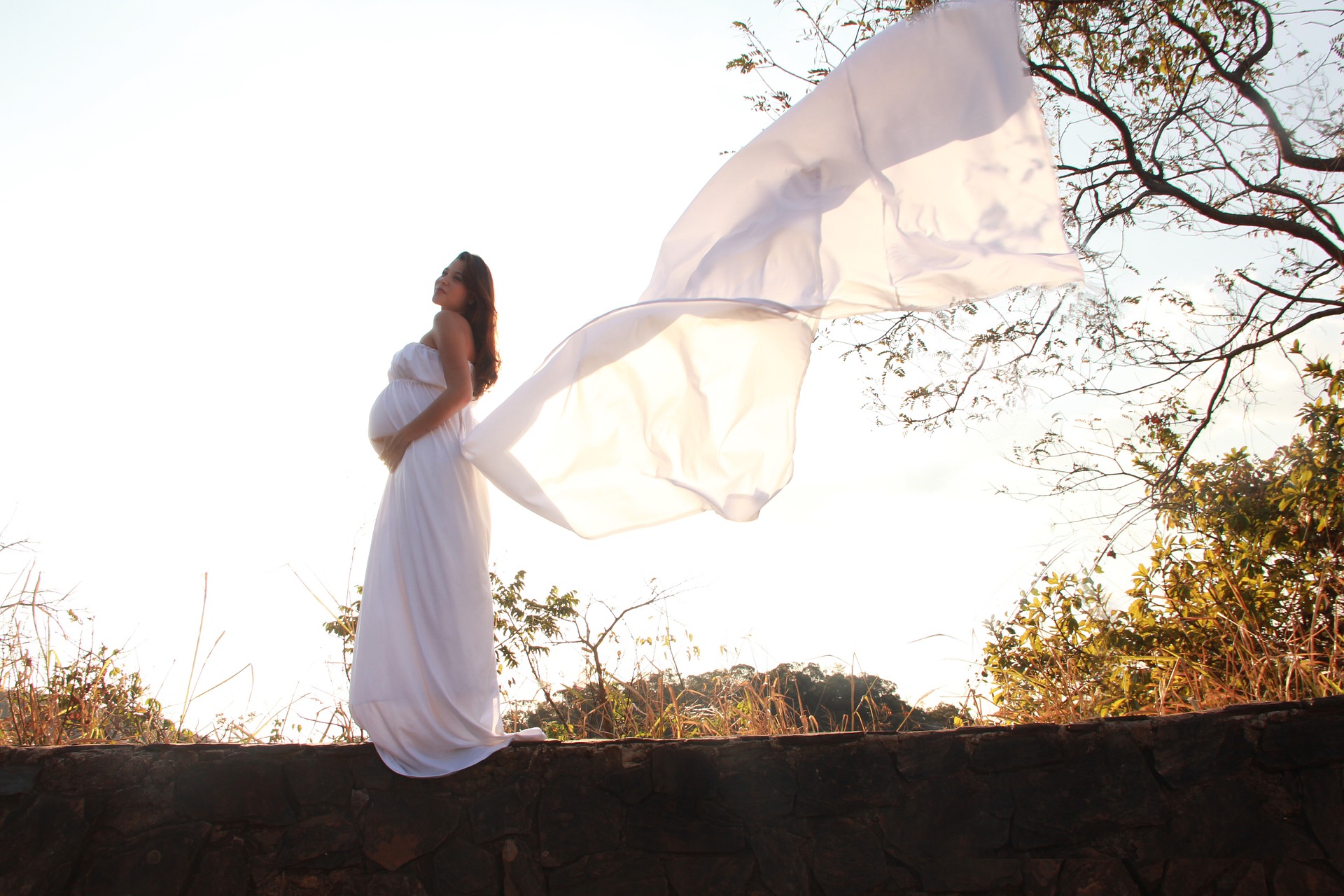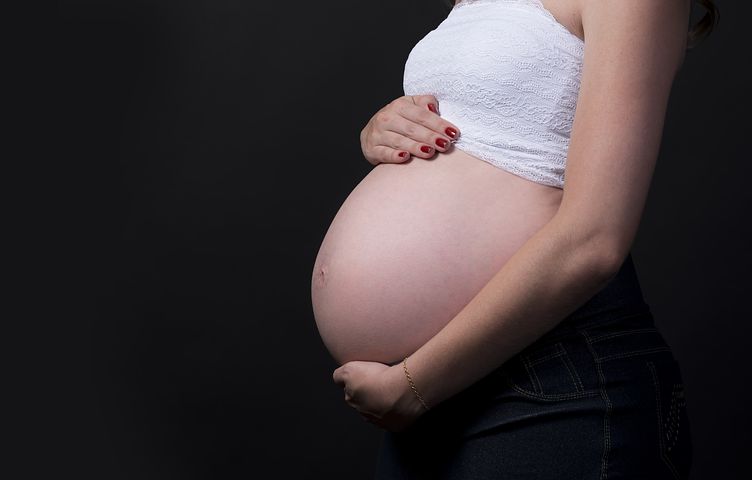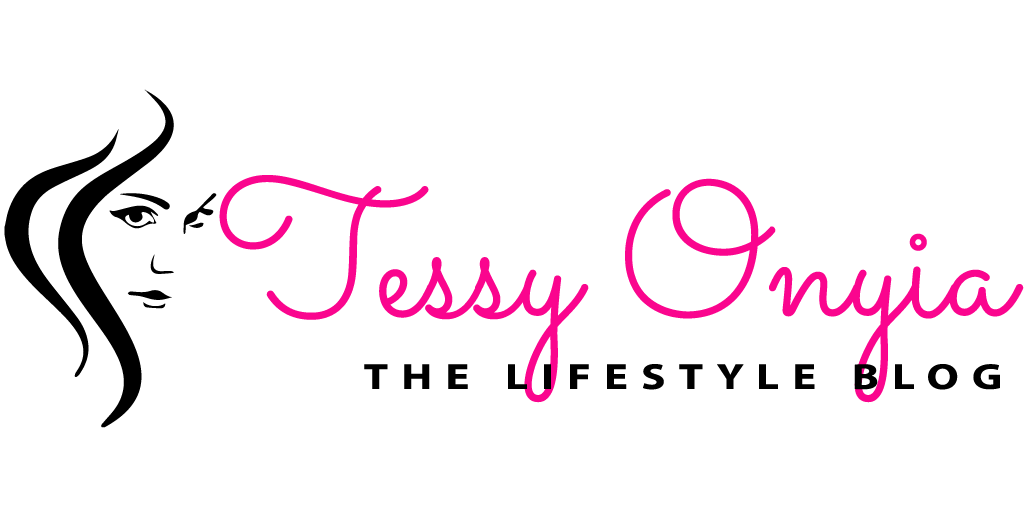 WHAT EFFECT DOES CORONA VIRUS HAVE ON PREGNANT WOMEN?
WHAT EFFECT DOES CORONA VIRUS HAVE ON PREGNANT WOMEN?
Generally, pregnant women do not appear to be more likely to be seriously unwell than other healthy adults if they develop the new corona virus. It is expected the large majority of pregnant women will experience only mild or moderate cold/flu like symptoms.
More severe symptoms such as pneumonia, seem to be appear to be more common in older people, those with weakened immune systems or long-term conditions. As yet, there is no evidence that pregnant women who get this infection are more at risk of serious complications than any other healthy individuals.

Q. WHAT EFFECT WILL CORONA VIRUS HAVE ON MY BABY IF I AM DIAGNOSED WITH THE INFECTION?
As this is a very new virus we are just beginning to learn about it. There is no evidence to suggest an increased risk of miscarriage.
Emerging evidence suggests that transmission from mother to baby during pregnancy or birth (vertical transmission) is probable. There has been a report of a single case in which this appears likely, but reassuringly the baby was discharged from hospital and is well. In all previously reported cases, infection was found at least 30 hours after birth. It is important to emphasis that in all reported cases of newborn babies developing corona virus very soon after birth, the baby was well.
Given current evidence, it is considered unlikely that if you have the virus it would cause problems with the baby’s development, and none have been observed currently.
Some babies born to women with symptoms of corona virus in China have been born prematurely. It is unclear whether corona virus caused early labour, or whether it was recommended that the baby was born early in order to preserve the mother’s health.
Q. WHAT CAN I DO TO REDUCE MY RISK OF CATCHING CORONA VIRUS?
The most important thing to do is to follow government guidance. For pregnant women and the rest of their households, this includes:
Regular hand washing
Use a tissue when you or anyone in your family coughs or sneezes, discard this and wash your hands
Avoid contact with someone who is displaying symptoms of corona virus. These symptoms include high temperature and/or new and continuous cough
Avoid non-essential use of public transport when possible
Work from home, where possible.
Avoid large and small gatherings in public spaces, noting that restaurants, leisure centers and similar venues are currently shut as infections spread easily in closed spaces where people gather together.
Avoid gatherings with friends and family. Keep in touch using remote technology such as phone, internet, and social media
Use telephone or online services to contact your doctor or other essential services
Q. Could I pass corona virus to my baby?
As this is a new virus, there is limited evidence about caring for women with corona virus infection in women when they have just given birth. A small number of babies have been diagnosed with corona virus shortly after birth, so there is a chance that infection may have occurred in the womb, but it is not certain whether transmission was before or soon after birth. Your maternity team will maintain strict infection control measures at the time of your birth and closely monitor your baby.
Q. Will my baby be tested for corona virus?
If you have confirmed or suspected corona virus when the baby is born, doctors who specialize in the care of newborn babies (neonatal doctors) will examine your baby and advise you about their care, including whether they need testing.
Q. Will I be able to stay with my baby/give skin-to-skin if I have suspected or confirmed corona virus?
Yes, if that is your choice. Provided your baby is well and doesn’t require care in the neonatal unit, you will stay together after you have given birth.
In some other countries, women with confirmed corona virus have been advised to separate from their baby for 14 days. However, this may have potential negative effects on feeding and bonding.
A discussion about the risks and benefits should take place between you and your family and the doctors caring for your baby (neonatologists) to individualize care for your baby.
This guidance may change as knowledge evolves.
Q. Will I be able to breastfeed my baby if I have suspected or confirmed corona virus?
Yes. There is no evidence showing that the virus can be carried in breast milk, the well-recognized benefits of breastfeeding outweigh any potential risks of transmission of corona virus through breast milk.
The main risk of breastfeeding is close contact between you and your baby, as if you cough or sneeze, this could contain droplets which are infected with the virus, leading to infection of the baby after birth.
A discussion about the risks and benefits of breastfeeding should take place between you and your family and your maternity team.
This guidance may change as knowledge evolves.
When you or anyone else feeds your baby, the following precautions are recommended:
Wash your hands before touching your baby, breast pump or bottles
Try to avoid coughing or sneezing on your baby while feeding at the breast
Consider wearing a face mask while breastfeeding, if available
Follow recommendations for pump cleaning after each use
Consider asking someone who is well to feed your expressed breast milk to your baby.
If you choose to feed your baby with formula or expressed milk, it is recommend that you follow strict adherence to sterilization guidelines. If you are expressing breast milk in hospital, a dedicated breast pump should be used.

No Comments